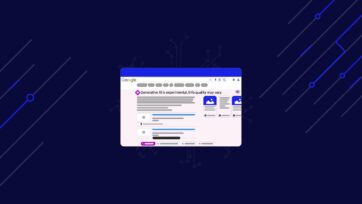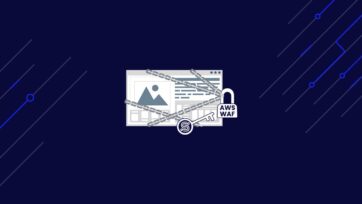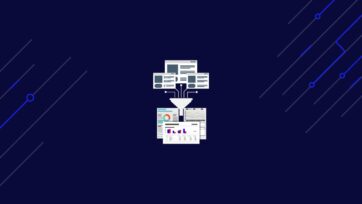Getting a startup off the ground can be an incredibly challenging feat. It’s entirely possible that you can have done all your research, laid out the groundwork as best as possible, and worked hard to provide a top-notch product only to find that either the market wasn’t ready or your audience just isn’t there in the numbers you need to make the project a success.
This is, unfortunately, the route that most startups go down – the majority go under in the first year – but it’s not a total inevitability. There are many ways you can get around those hurdles and prime your startup for the smoothest possible launch, and much of that comes from being as prepared as you possibly can be for anything in your launch plan that might run off course.
To get really prepared you need to know everything about your market, your audience and your competition – and to do that, you need a proper web scraping plan. Let’s look at the launch cycle of a startup and break it into a few chunks so we can properly look at how you can implement web scraping each step of the way to get the best results you can.
📊 New to web scraping? Download our beginner-friendly web scraping guide [PDF] and learn how to collect and use publicly available data.
Every startup begins life in the development stage. This is the point where you’re going to get your market research sorted, iron out the details of your product or service, and begin to examine what you see as your place in the market, including scoping out any potential competition. This is a crucial point in your life cycle as any errors or miscalculations here will potentially send you off in the wrong direction, wasting countless hours and potentially a lot of money. Scraping is an invaluable asset for preparing the ground like this.
To begin with, once you have a basic idea of what your business is going to sell, you can scrape business listings, app stores or sites like Crunchbase to get a sense of who your competition is. From there, you might want to monitor them closely to see what market decisions they are making or keep tabs on marketing and advertising – simply scrape company sites or marketing platforms to get real-time updates.
This is not only a great way of completing huge amounts of market research quickly, but you can make it an ongoing concern by simply having your scrapers keep running and reporting. That way, whenever anything changes in your potential market you will know about it, meaning you can make any decisions you need to make with full knowledge of what is out there. Once you’ve laid the groundwork here, you can also extend that functionality to monitor your competition’s product information so you can keep an eye out for any new specifications or features that you need to match.
This is perfect for when you move into the product development stage of your startup, as you’ll understand precisely what your audience expects, the price points they are used to dealing with, and the features they can’t live without. From there you can hone and shape your product or service to reflect that. Once you know your market, understand your competition and have a compelling product, the next step is to take the plunge and launch!
Now, you’ve just launched – can web scraping help out in the first few months of business to ease the uncertainty? Of course! The first big step you’ll want to take with a new product in a new market is a strong marketing plan. Scraping is ideally placed to help you put together a robust marketing plan that really appeals to consumers. Hedge funds and big investors use web scraping for a reason – good scraping can be ideal for understanding the intentions of consumers.
So as part of your new products marketing campaign, why not scrape blogs, reviews, articles and discussion forums for anything your audience is saying about your product or similar products. If you can get a big data set from the people you really want to connect with and drill down into it for ideas on what they really want, or what kind of language appeals to them, then you can develop an amazing marketing plan that speaks directly to them.
As part of modern marketing, you also can’t ignore social media as a huge source of information and brand presence. Scraping social media can be tricky, but if you can do so then you’ll have huge amounts of information not only about what your audience wants but how they respond to adverts directly with comments.
You can also keep a closer eye on how your competition is doing, and even make social media decisions based on how your core audience reacts to your competition’s marketing. The opportunities are endless here. And of course, scraping can help other traditional marketing methods – as part of the scraping efforts outlined earlier, you can get access to emails that can provide the backbone of your email marketing efforts later if you scrape the right sites.
And this is, as ever, just the tip of the iceberg. When it comes to getting a startup off the ground, you need to make the best possible use of any and all information you can. If you can know ahead of time if your competition is making a big move, or bringing out a new feature, then you can work hard to match it before you fall behind the curve.
If you can properly research your audience and position your launch to speak directly to them then you can make huge inroads in consumer awareness without having to spend huge amounts of cash on a big marketing push. And ultimately if you can tell ahead of time that the market simply isn’t there, then you can save yourself a huge amount of time, money and sanity. All of these are made easier with scraping, and it’s why web scraping should be an essential part of every startups toolkit.
If you want to discuss how you can implement scraping into your launch plan, please contact us and we’ll get back to you within 24 hours. Happy scraping!



